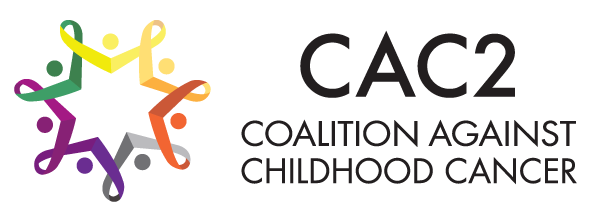Assorted news from last week:
Steven E. Lipshultz, MD, is senior author on a new study that shows healthier hearts in long-term childhood cancer survivors treated with a new drug, dexrazoxane, to protect their hearts from heart-damaging chemotherapy — even in those treated nearly 20 years ago.
Survivors of childhood cancer who became pregnant in adulthood are as likely to have healthy babies as those without a history of cancer, according to a new study. Their children also didn’t have higher risks of birth defects or other health problems at birth. However, the study does suggest that these women face other pregnancy risks that may warrant more intensive obstetric care. For example, women who had been treated for cancer as children had higher risks of several severe complications during pregnancy, delivery, and the period after delivery.
Washington Post reports that many children with cancer in Ukraine are being forced to take cover and continue their treatment in the basement of one of the country’s largest pediatric hospitals, as fighting continues around them.
A growing number of cancer clinical trial protocols have opened up enrollment to adolescents, as recommended in the FDA guidance documents, Cancer Clinical Trial Eligibility Criteria: Minimum Age Considerations for Inclusion of Pediatric Patients and Considerations for the Inclusion of Adolescent Patients in Adult Oncology Clinical Trials.Upon approval, FDA has granted these therapies indications based on the broader patient population.
Researchers in The Netherlands found that one third of children they studied with kidney tumour have a hereditary predisposition, a much larger percentage than expected.
It may be possible to identify the presence of an aggressive brain tumor in children by studying their cerebrospinal fluid, according to new research.
Upcoming Webinars and Online Opportunities:
Throughout March, non-profit patient support organization Living LFS raises awareness of Li-Fraumeni syndrome (LFS), a rare genetic predisposition to developing a wide range of cancers. Half of all Li-Fraumeni syndrome cancers occur before the age of 30. Visit LFSawareness.com to learn more about Li-Fraumeni syndrome, spread the word, and support families living with LFS!
You’re invited to join the Alliance for Childhood Cancer for the 11th Annual Childhood Cancer Action Days. This virtual event brings our community together to advocate for important childhood cancer issues currently before Congress. Training will be virtually held on Thursday, April 21st at 1 p.m. EST in preparation for the virtual Action Day on Thursday, April 28th. Register to participate: https://www.allianceforchildhoodcancer.org/join-us/action-days-2022.html.
Recordings of Recent Past Events:
Take Action:
The following Action Opportunities are sponsored by Childhood Cancer International (CCI) to aid children with cancer and their families in the Ukraine. CAC2 is a member of CCI.
The campaign to support Ukrainian families is called the Ukrainian Childhood Cancer Emergency Fund. All funds will be centralised on CCI Europe’s bank account and spent following a strict and transparent workframe including regular reports.
Kaitlin Tuinstra, a current clinical psychology doctoral student at the Michigan School of Psychology is studying the effects of family functioning on medication adherence in pediatric cancer patients. Please participate at this link, if you are a “parents of children (age 8-17) who have been diagnosed with any form of pediatric cancer and are actively undergoing treatment or disease maintenance” if you would consider completing “a ~20 minute online survey to share their experience of family functioning, condition management, and medication adherence. This study has been approved by the Michigan School of Psychology Institutional Review Board (study #210701).”
Parexel, a global leading contract research organization (CRO), has recently created a new Patient Advocacy Manager role to ensure that patient voice and insights are included in all aspects of clinical research. As they build out this new role, they want to make sure they are designing it with the needs of Patient Advocacy Groups and Patient Communities in mind. They ask that you please take a few minutes to answer the seven questions in this survey: https://www.surveymonkey.com/r/2P3FZLB? All answers are anonymous.


